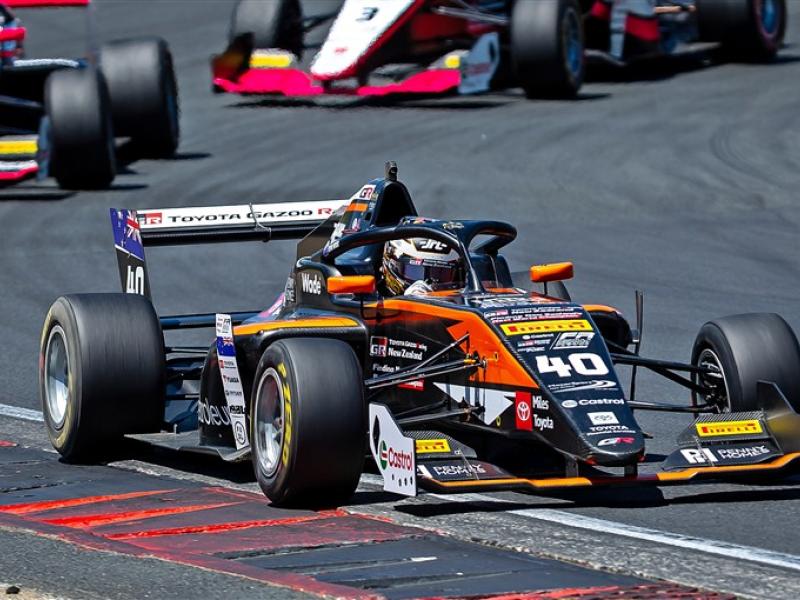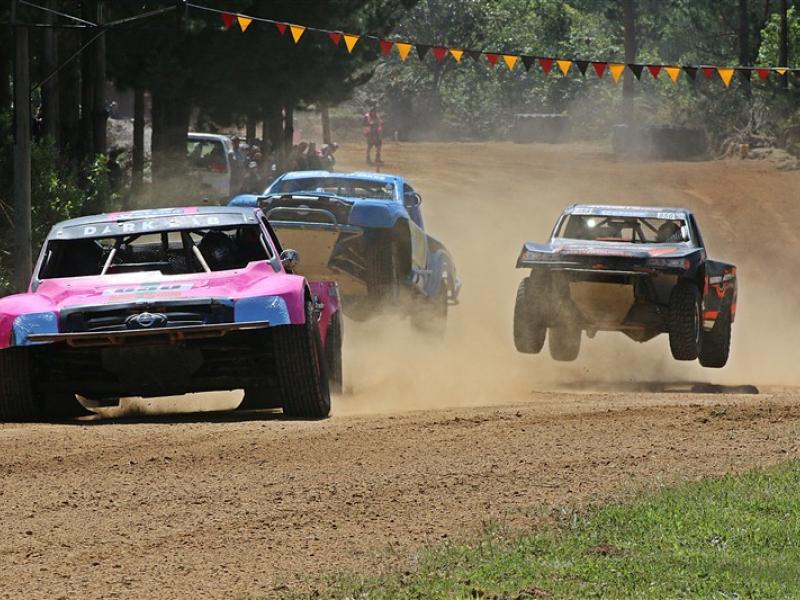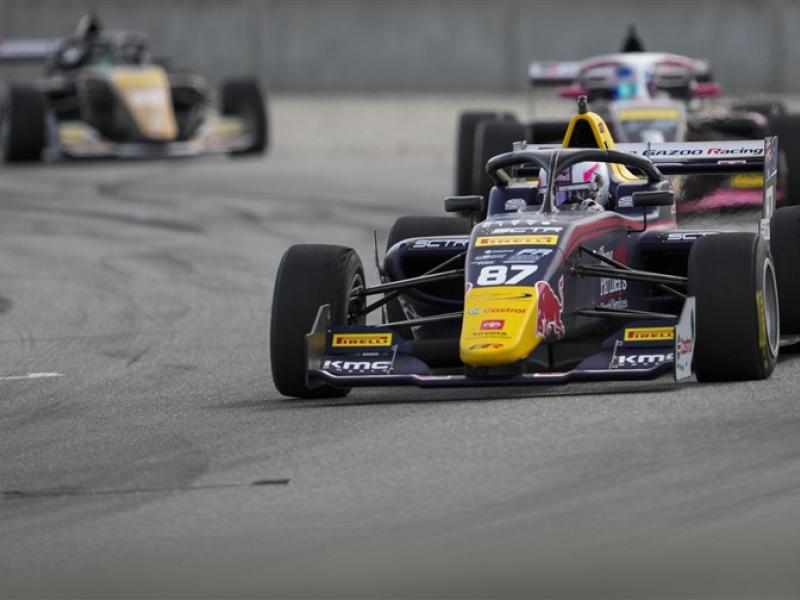| The braking system is the most important safety aspect of a vehicle which should not be compromised. Fitting accuracy With Volkswagen genuine brake pads, nothing has to be ground down or readjusted if they are installed in a Volkswagen. They fit out of the box and can be installed in no time which saves cost and rules out any malfunction. The required sundry items are included so old securing material and clips are ruled out for maximum safety. Braking power The maximum braking power on a Golf GTI with maximum load and top speed is six times the engine output. Even with glowing brake discs the brake pads must still transfer the braking power. Temperature load Volkswagen genuine brake pads are designed to withstand more than 800°C basic temperature and up to 4,000°C in the micro range at the so-called hot spots. They can also withstand up to minus 50°C without losing noticeable friction. Expansion, shrinkage, bending or cracking would also lead to considerable malfunctions. Fading Incorrect composition of the brake lining material and also some universal mixtures without special optimisation for the specific vehicle lead to the feared “fading” phenomena particularly easily. Here, gas emissions can occur where a cloud of gas forms between the brake discs and brake lining and reduces the friction coefficient rapidly. Heat insulation and pressure Volkswagen genuine brake pads keep the (at times) extremely high temperatures of the brake discs away from the brake cylinders. And they thereby prevent vapour bubbles from forming in the brake fluid that could lead to failure of the braking system. The pads are pressed against the brake disc during braking with a force equal to 1,000 kg. Resistance to harmful substances In addition to temperature and pressure influences, the brake pads are also subjected to chemicals at the same time. Volkswagen genuine brake pads withstand salt, brake fluid, fuel and much more without losing their braking properties. |
Friction coefficient
|





